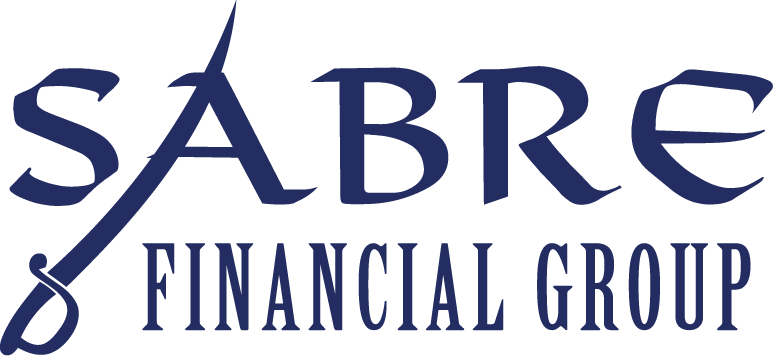
As a business owner, you spend considerable time thinking of ways to grow your company and meet/exceed business goals and objectives. While there are many strategies for growth, one often overlooked strategy by small and middle-market businesses is growing through acquisition.
For company owners or executives who want to grow exponentially by acquiring an existing company, understanding the advantages, valuation methodologies, and critical factors associated with mergers and acquisitions (M&A) can help set them up for success. If you find yourself asking, ‘how can I grow my business through acquisition?’, keep reading to learn more.
What are Mergers and Acquisitions?
M&A refers to consolidating two or more companies or their significant business assets:
- A company purchases another company
- Two or more companies merge to form a new company
- A company acquiring some or all of the significant assets of another company
- A company taking control of another company by various other means
By building off an existing company (target company), a business can increase its growth more than if it were growing organically or relying on its own resources. The acquiring company can leverage the target company’s existing assets, customer base, and systems to grow its business. If the target company is already successful, you can build upon its existing success to accelerate growth. This strategy lets you capitalize on the success and multiply your company’s growth.
Advantages of Growing Through Acquisition
In addition to increasing revenue and customer base more rapidly than with organic growth alone, there are other advantages to utilizing acquisitions as a growth strategy.
Market Share → Higher Sales
When a company acquires a business in its existing market, it can increase market share, expand its target audience, and differentiate among competitors.
Business Synergies → Higher Profitability
Combining the value and performance of two companies produces something greater than what could have been created independently. As a result, efficiency can be increased, costs can be reduced, and profitability can be improved when growing through acquisition.
Larger Companies → Higher Valuation Multiples
When a company buys another company, significant opportunities exist to increase and accelerate the combined company’s valuation. This can result from increased revenue streams, market expansions, business synergies, diversification of products and services, and much more which increase annual earnings. The real magic, however, of growth through acquisition is that larger companies sell for higher valuation multiples on their earnings.
Valuation Multiples: Understanding the Numbers
Valuation multiples play a central role in determining a company’s worth. Evaluating Price-to-Earnings, Price-to-Sales, and Earnings before Interest, Tax, Depreciation, and Amortization (EBITDA) helps to gauge a firm’s value and guide investors and acquirers in their decision-making process.
EBITDA serves as a rough estimate of annual cash flow, and if a company has a 6x EBITDA multiple, it is worth six times its yearly EBITDA. If another acquired this company, the valuation of the purchasing company would increase according to its value.
Analysis of valuation multiples is essential for making purchase decisions. Middle-market firm owners must assess how these multiples fit their financial objectives and strategy.
Example:
Company A has $5M EBITDA and sells for 4x its earnings = $20M
Next, Company B has $5M EBITDA and sells for 4x its earnings = $20M
Company A+B has $10M EBIDTA and sells for 5x its earnings = $50M
In conclusion, with an effective acquisition strategy, a company can increase not only its earnings but its valuation multiple as well, thereby compounding the valuation of the company over time.
Disadvantages of Growing Your Business Through Acquisition
Along with the advantages, there are a few disadvantages to be mindful of as you navigate the acquisition landscape.
- Cost: Purchasing a successful and profitable company can be expensive. As a result, proper due diligence should be done to ensure you have every piece of information necessary to make a well-thought-out decision.
- Risk: Acquiring a business can be risky. Therefore, you need to have a clear picture of the business you are purchasing before completing the deal. Throughout the due diligence process, a knowledgeable and experienced professional will help ensure you know what you’re up against and mitigate risk.
- Post-Acquisition Integration: Combining two companies can be difficult and time-consuming to manage and implement. Interpersonal issues may arise between the leadership of the two companies. In addition, differing corporate cultures or goals/priorities may lead to poor alignment across the organization.
Factors Influencing Successful Acquisitions
A successful acquisition involves proper preparation, planning, and careful execution. If your company is considering a business acquisition, there are a few critical components of the process to pay attention to:
- Due Diligence – Due diligence is a comprehensive assessment of a target company and is essential to the acquisition process. Investigating the target company’s finances, operations, legal status, and potential risks is necessary to assess valuation and exposures.
- Integration Plan – It is essential to plan how the target company will be integrated into yours. A proper plan can help your business and the acquired business transition smoothly and limit preventable hardships and challenges.
- Financial plan – Developing a clear budget and financing methods for the acquisition can prevent unexpected financial obstacles and complications down the line.
- Legal and Regulatory Adherence – Ensuring the acquisition transaction complies with all applicable laws, regulations, and legal requirements is integral to protecting your company from legal complications and financial penalties.
Sabre Financial Group Can Help
Sabre Financial Group helps small and mid-market companies navigate the M&A process and provides personalized strategic and financial guidance. From developing a list of potential companies, assisting your business in the due diligence process, helping with post-transaction integration, and everything in between, we serve as a trusted and experienced advisor throughout your acquisition journey and beyond. Contact us to learn how we can help your company plan and execute a successful acquisition strategy.

